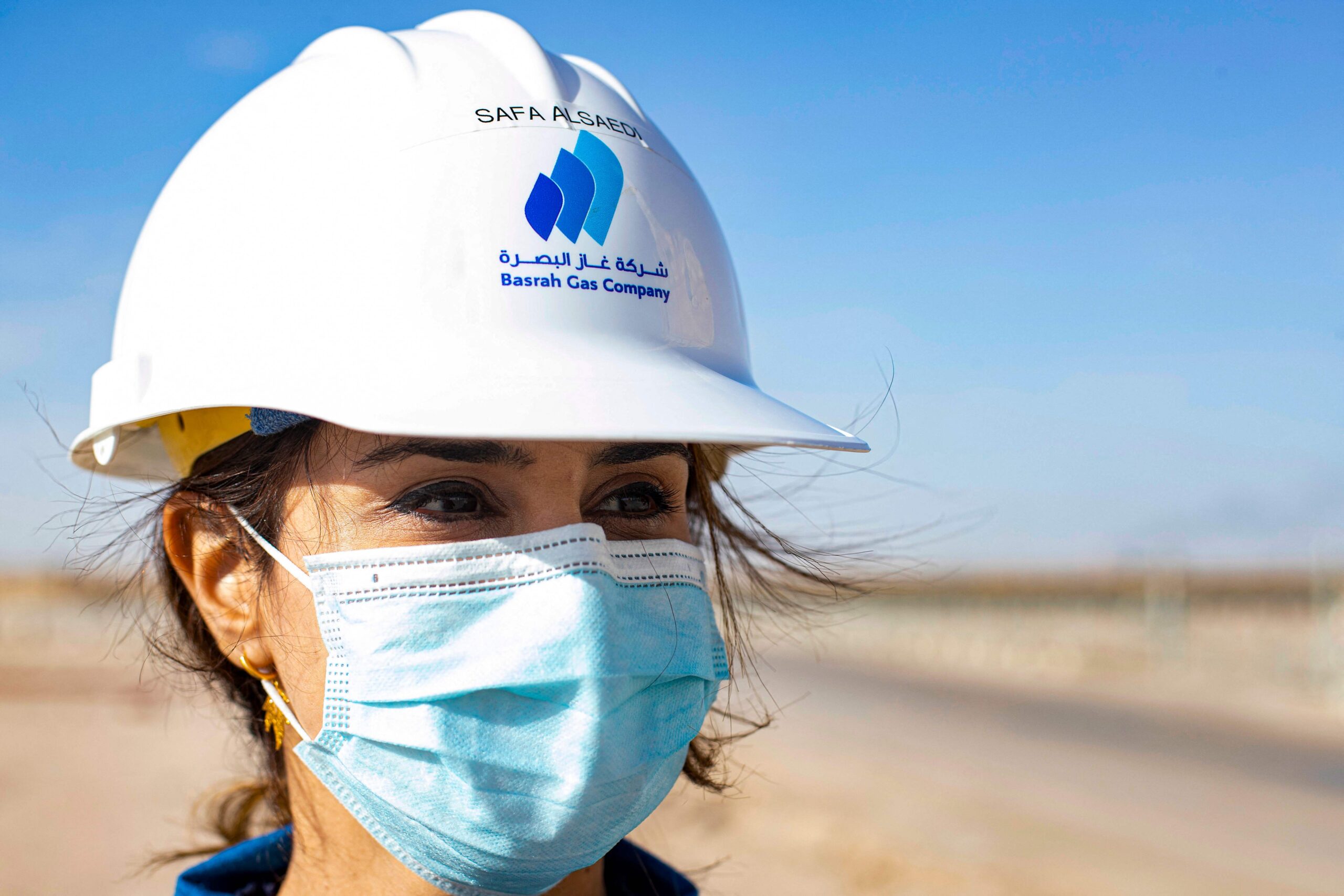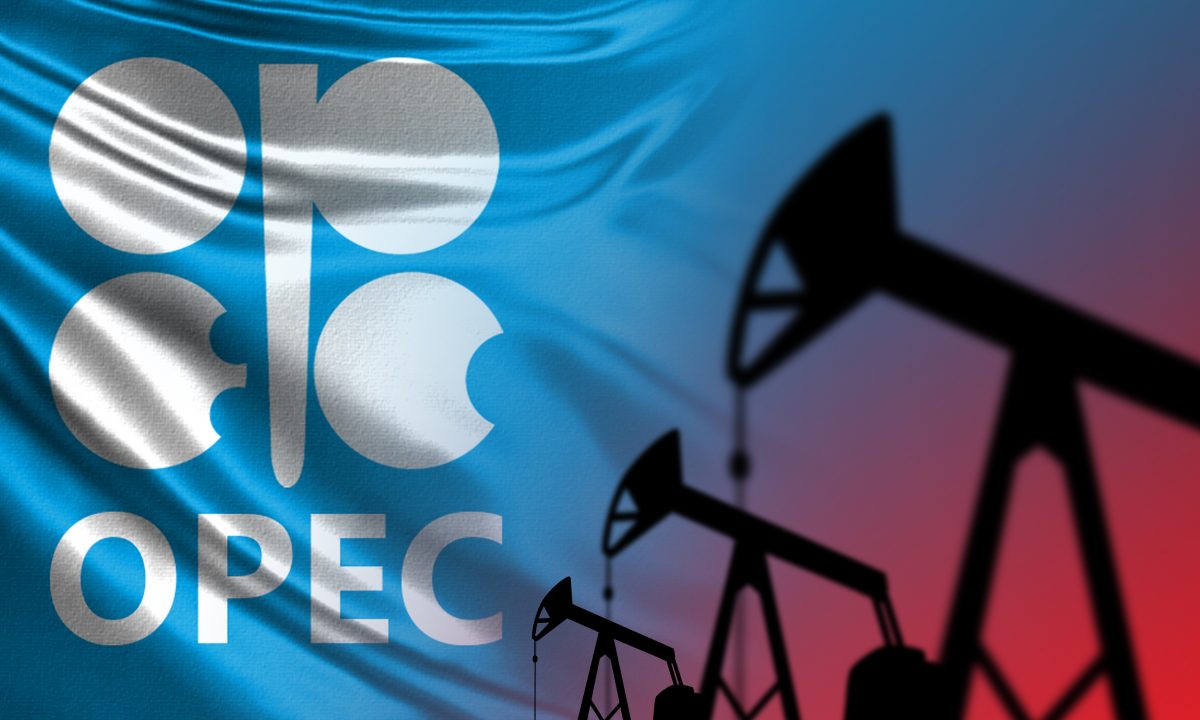In a move to support the stability and balance of oil markets, Saudi Arabia, the leader of OPEC, has announced an extension of its unilateral oil production cut by another month. The cutback, totaling 1 million barrels per day (MMbpd), was initiated last month and will now continue into September, keeping the kingdom’s output at approximately 9 MMbpd, the lowest level in several years.
The decision to extend the production cut comes amidst a recent recovery in oil prices, with crude futures reaching a three-month high above $85 a barrel in London. The combination of post-pandemic fuel demand recovery and output reductions by OPEC countries has led to a tightening of global crude markets.
However, despite the price surge, concerns over the economic outlook, particularly with lackluster data from China and fears of a recession in the U.S., have prompted Saudi Arabia to maintain its grip on production. Additionally, the kingdom may require oil prices to reach as high as $100 a barrel to cover government spending, according to Bloomberg Economics. Following the Saudi announcement on Thursday, Brent futures surged as much as 1.7%.
The unilateral cut of 1 MMbpd was introduced earlier this summer, with most other OPEC members already pumping below their assigned targets and unlikely to reduce supplies further. Russia, a member of the wider OPEC alliance, has since joined the effort to lower shipments, in line with its pledges.
The move by Saudi Arabia has been met with criticism from major importing nations, fearing that rising fuel costs could lead to another inflationary spike and impact consumer purchasing power. Nonetheless, the kingdom remains firm in its approach, signaling a readiness to further deepen or extend the production cut if necessary.
A joint review of market conditions by key OPEC nations, led by Saudi Arabia and Russia, is scheduled for Friday. The full 23-nation OPEC alliance is set to meet in late November to discuss future strategies for stabilizing the oil market.





